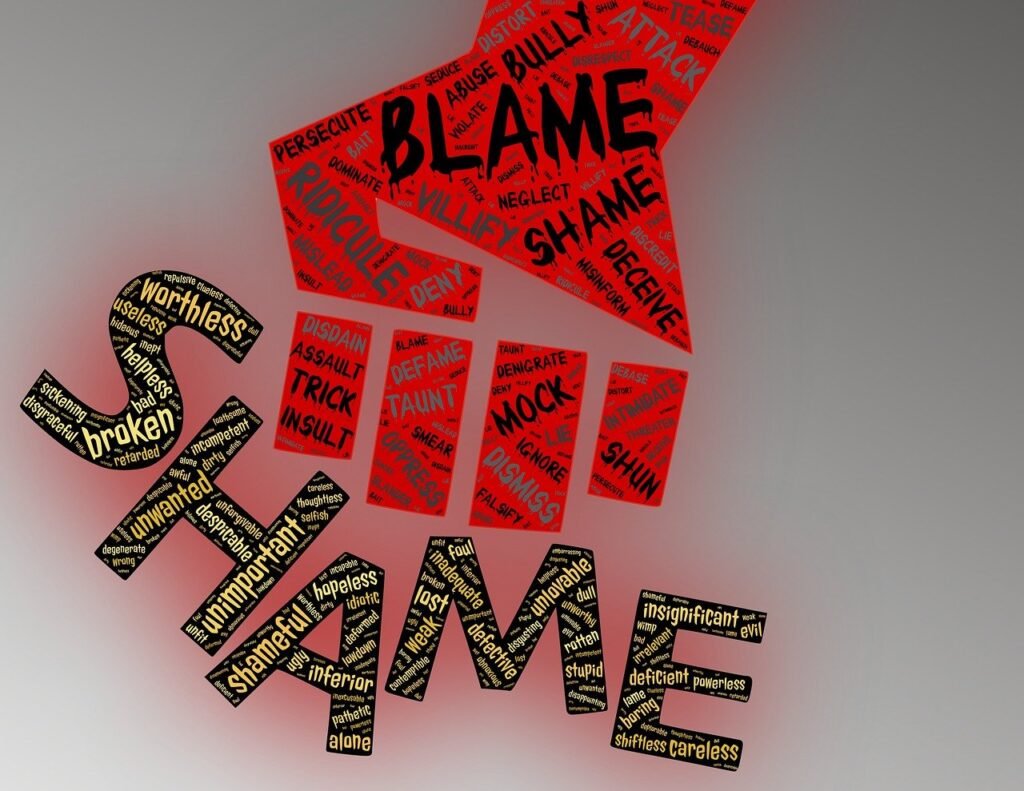Behaviourism and the Conditioning of Blame
Behaviourism can help deepen our understanding of how societal systems of reward and punishment condition individuals, shape Ego processes, and ultimately entrench a culture of blame.
Basic Principles of Behaviourism
Behaviourism posits that learning is shaped by external reinforcement (rewards) and punishment. Classic experiments from Pavlov, Skinner, and others showed that behaviours followed by positive outcomes are reinforced and repeated, while those followed by punishment are suppressed.
Social Conditioning and the Ego
In society, reward and punishment aren’t just about food pellets or electric shocks; they involve praise, status, belonging, avoidance of shame, validation, and fear of exclusion. As children (and adults) navigate social systems; families, schools, workplaces, and they learn to seek reward (approval, privileges, power) and avoid punishment (shame, blame, exclusion) in ways that quickly become semi-automatic. pmc.ncbi.nlm.nih
When a child receives praise/blame for certain acts, the “ego” begins to tie identity and self-worth to the outcome of these behaviours. If “blaming others” yields social reward (group belonging) or avoids punishment (“it’s not my fault!”), it becomes a reinforced strategy, one that eventually can become automatic and unnoticed, even considered a natural, normal behaviour.
“Through reinforcement, coping behaviours originally intended to reduce discomfort become part of the schema, becoming automatic and self-reinforcing—even after the original reward or need disappears.” (Roelofs et al., 2018)
The Transition from Reward to Internalization (and Addiction)
Initial Conditioning: The behaviour (e.g., shifting blame) is reinforced. The child learns: “Do this, feel safe, avoid trouble, avoid standing out, point at someone else, remember reasons to point at someone else, get others to discriminate against them, and not you, discriminating against others, is a way of being “in”, the club, or joining the gang.”
Reward Becomes Internal Need: Over time, the reward (external validation, feeling competent, avoiding shame) becomes internalized as a psychological need, and a part of the individuals ego structure. The person feels rewarded just by anticipating praise or imagining a successful social manoeuvre long after it is lost, often hiding a secret fear of the loss of that reward, their job, status, family or partner, for example, so the lesser, loss of more regular praise is noticed, but ignored.
Extinction and Withdrawal: If the reward is severed (praise disappears, or blaming is no longer tolerated), the strategy persists, but now, less for real outcome, but driven by internal craving for validation, or out of fear of alternative (e.g., facing shame or guilt).
Reward-to-Punishment Flip: If old behaviours (blaming, mask-wearing) begin to generate negative consequences (broken trust, loss of friends, public shaming), the individual may experience confusion, distress, or “withdrawal.” The coping system has become an addiction: it once provided relief, now it causes pain, but the person is stuck because previous, more adaptive coping strategies were suppressed during the learning process. pmc.ncbi.nlm.nih
How This Entrenches Blame Culture
“Punishment, or its threat, often leads to the displacement of responsibility and the persistent avoidance of blame. In an environment where blame is currency, learning mechanisms shape individuals to prioritize blame avoidance above repair or authenticity.” (Lutchman & Arntz, 2023)
Societal Reinforcement: When authorities, institutions, or media glorify scapegoating, or only punish admission of error, they are behaviourally conditioning the whole population; rewarding blame-shifting and punishing honesty or vulnerability.
Cycles of Escalation: Behavioural learning generalizes. The society learns not just to blame to avoid punishment, but to expect blame as a currency, forming “ego economies” where self-worth and group identity are traded for scapegoats.
Behaviourism explains how externally imposed systems of reward and punishment embed blame habits and ego-based coping styles into our identity and collective culture. Once the external rewards vanish or become toxic, these learned responses persist, causing new forms of distress, and making it difficult for individuals or societies to step out of the blame cycle without conscious re-learning and system-level reform. onlinelibrary.wiley
References
Roelofs, J., Rijkeboer, M.M. & Arntz, A., 2018. Internalizing and Externalizing Behaviours Share a Common Predictor: the Effects of Early Maladaptive Schemas Are Mediated by Coping Responses and Schema Modes. cognitive Therapy and Research, 42(1), pp.95–108.
Lutchman, S. & Arntz, A., 2023. Neurocognitive Model of Schema-Congruent and -Incongruent Learning in Clinical Disorders: Application to Social anxiety and Beyond. Frontiers in Psychiatry, 14, p.1153944.




0 Comments